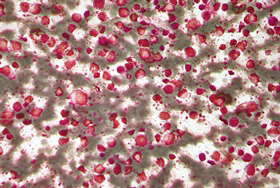Johnson & Johnson and Zymeworks have done a deal by which Johnson & Johnson will pay Zymework $50m to license it as well as to develop around six therapeutic agents. Jansen will have all the ownership and responsibilities for all research development and commercialization of the outcome. According to Zymework’s CEO Ali Tehrani, the license is not exclusive for any targets.
Zymeworks will receive a potential $282m in development and up to $1.12bn in milestone payments and royalties. Jansen has also the option to develop two additional bispecific programs subject to a future payment option. However, both the parties have kept secret about the targets which are being pursued under the agreement.
Zymeworks said the Azymetric and Effector Function Enhancement and Control Technology(Effect) platforms’ bispecific antibodies retain the desirable features of typical monoclonal antibodies citing long serum half-life the ability to mediate effector functions and low immunogenicity risk.
Further “they allow for the design and evaluation of multiple candidates with different formats to determine the optimal therapeutic combination early in development,” said Tehrani.
The effect platform is comprised of a library of Fc modification and can modulate the activity of recruited immune cells. The Azymetric platform is made up of transferable, amino acid changes that can be introduced to generate bispecific IgG-like antibodies that bind two antigens.
In the recent year, all the focus and attention have diverted to bispecific antibodies that can bind two different epitopes either on the same or different targets. Merck (MSD) said it plans to advance a bispecific drug candidate developed using Zymework’s Azymetric and Effect platforms into preclinical developments.





